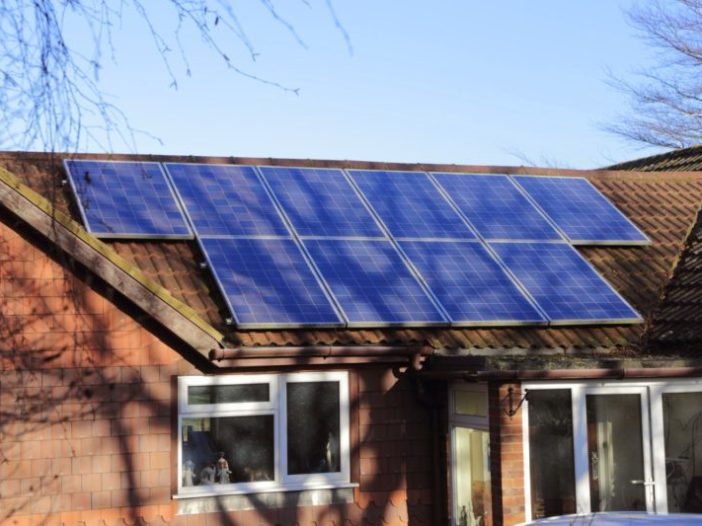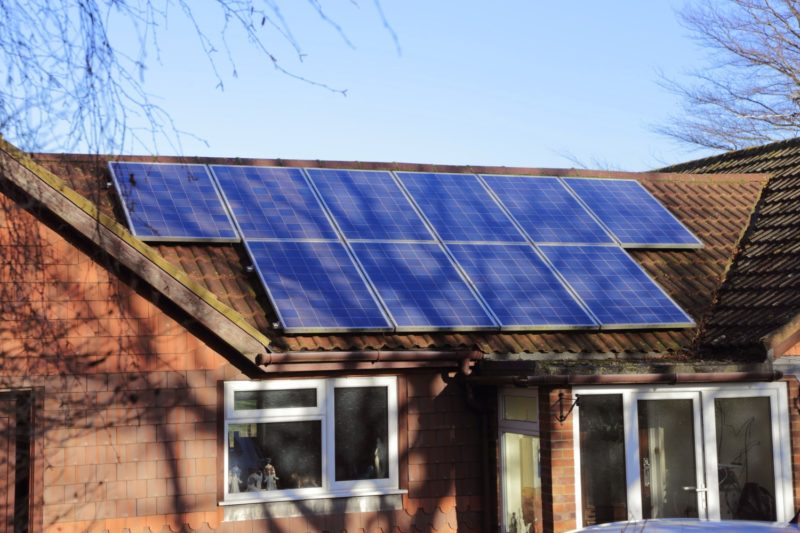

New residential planning rules are being rolled out in Victoria to protect the state’s more than 330,000 rooftop solar systems from being overshadowed – and thus their generating capacity diminished – by neighbouring developments.
Victoria’s minister for planning Richard Wynne said the amendment to state planning provisions “to safeguard savings on power bills” had been approved, and would take effect later this month.
The changes mean overshadowing of existing home solar panels and solar hot water systems must be considered in planning decisions, to ensure their capacity was not “unreasonably reduced” by any new development.
What “unreasonably reduced” means, exactly, and how it will be determined, was not laid out – One Step has asked, and is waiting to hear back.
But it is yet another sign that the Victorian government sees rooftop solar as the new normal for an increasing number of homes and small businesses – even as it seeks to drive uptake.
Last month, Premier Daniel Andrews stunned the industry – and not entirely in a good way – by pledging $1.2 billion in rebates and no-interest loans to put a further 2.6GW of rooftop solar on another 650,000 homes in the state.
This was followed up, over the weekend, with a proposed battery storage subsidy, that – if Labor is re-elected in the November state poll – will provide $40 million to put discounted battery storage in 10,000 solar homes.
In a statement on Wednesday, Minister Wynne said the amendment to the Victoria Planning Provisions and all planning schemes was also about recognising the contribution of solar energy to the energy efficiency of dwellings.
He said the government’s solar rebate would help more Victorians save close to $900 a year on power bills – savings that would be further locked in with the new planning provisions.
In other measures, the amendment introduces criteria for solar panels in heritage areas – including guidance on appropriate siting, colour and design – to safeguard aesthetic value of the area.
The new criteria will encourage renewable energy in heritage areas while protecting aesthetic values and are applicable to new systems only.
“We’re backing solar and tackling power prices head on – making it cheaper and easier for more people to generate their own power and protecting their panels from overshowing.”
“We’re getting the planning right to protect residents against inappropriate development, tackle climate change and cut the cost of living for Victorian households.”

Sophie is editor of One Step Off The Grid and deputy editor of its sister site, Renew Economy. Sophie has been writing about clean energy for more than a decade.



